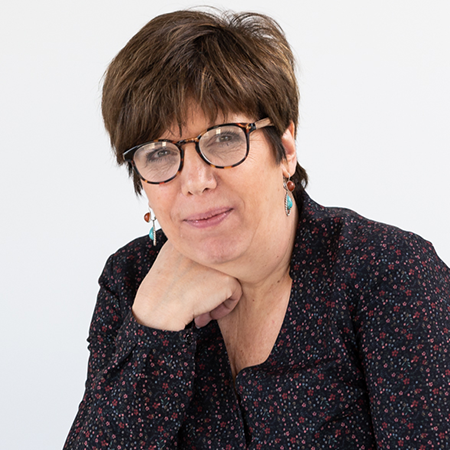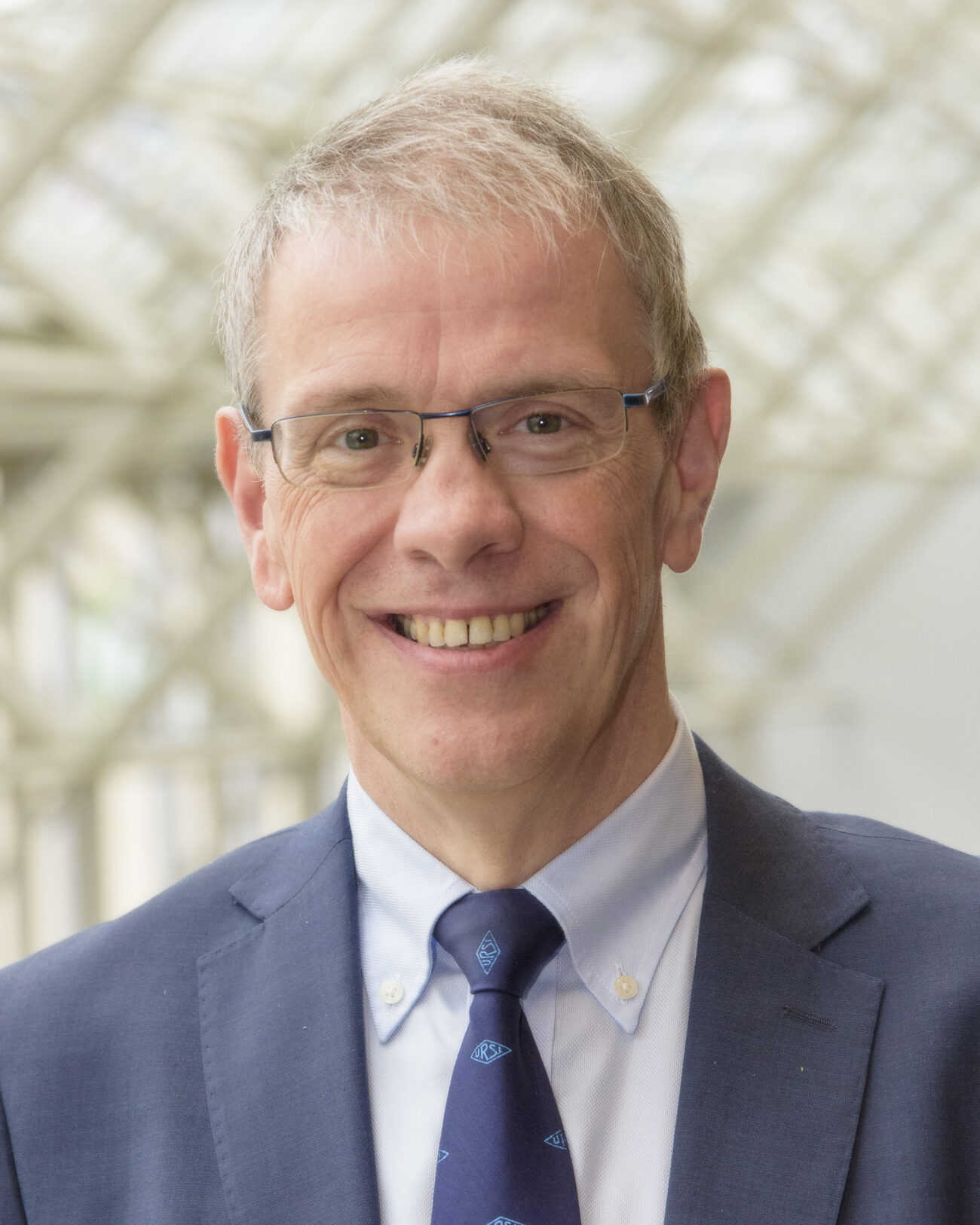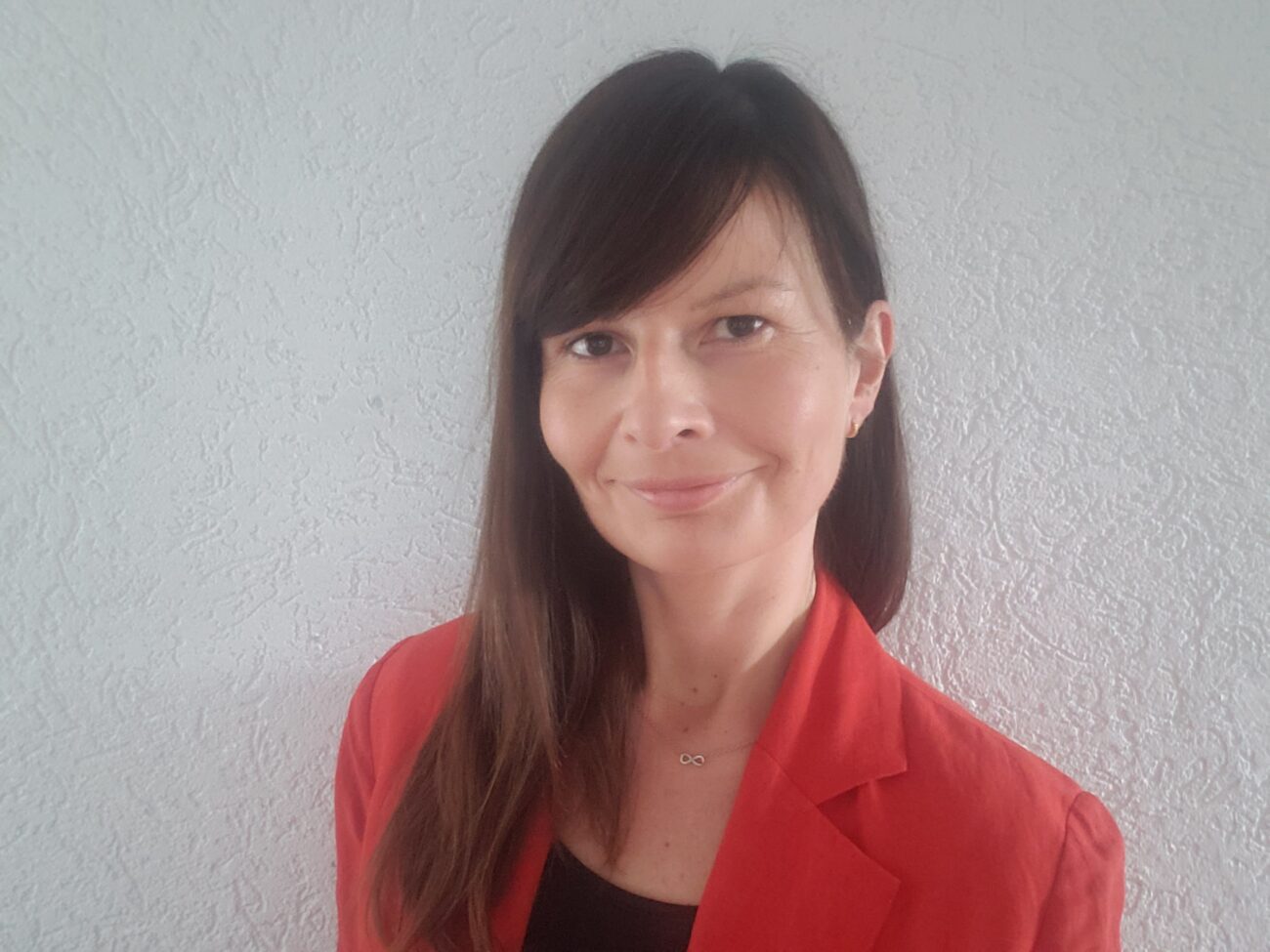Please describe what your association does.
Carlos Lee: EPIC is the world-leading industry association that promotes the sustainable development of organizations working in the field of photonics in Europe. We foster a vibrant photonics ecosystem by maintaining a strong network and acting as a catalyst and facilitator for technological and commercial advancement. EPIC publishes market and technology reports, organizes technical workshops and B2B roundtables, supports EU funding proposals, advocacy and lobbying, education and training activities, standards and roadmaps, pavilions at exhibitions.
Ariane Brusselmans: The International AIDS Society IAS) is the world’s largest association of HIV professionals, with members in more than 170 countries. It gathers, convenes, educates and advocates for a world in which HIV no longer presents a threat to public health and individual well-being. Today, the IAS and its members unite scientists, policy makers and activists to galvanize the scientific response, build global solidarity and enhance human dignity for all those living with and affected by HIV. We are currently planning our major AIDS 2022 conference in Montreal for the summer, and very excited to convene after two years of virtual – a real in person meeting again!

Susan de Bievre: I work with several associations. The main two are the World Federation of Societies of Anaesthesiologists (WFSA) and NATA, the Network for the Advancement of Patient Blood Management, Haemostasis and Thrombosis. They are at opposite ends of the association spectrum. WFSA is a global association with 135 national society members and therefore reaching over 80 000 individuals worldwide, NATA is a niche scientific society with 400-500 members specialising on a very specific topic. Most members of both societies are anaesthesiologists and intensivists so there is a link!
Susan de Bievre: I work with several associations. The main two are the World Federation of Societies of Anaesthesiologists (WFSA) and NATA, the Network for the Advancement of Patient Blood Management, Haemostasis and Thrombosis. They are at opposite ends of the association spectrum. WFSA is a global association with 135 national society members and therefore reaching over 80 000 individuals worldwide, NATA is a niche scientific society with 400-500 members specialising on a very specific topic. Most members of both societies are anaesthesiologists and intensivists so there is a link!
Peter Van Daele: URSI is a worldwide non-profit, non-governmental organization that coordinates the research in the field of radio science. This covers all activities from basic research to applications for all domains making use of radio waves and this is very broad, namely from design of antenna’s over mobile communications, high-speed optical communications, remote sensing, propagation of radio waves in the atmosphere up to radio astronomy. By organizing conferences and meetings, supported by publications, URSI coordinates activities worldwide among individual scientists as well as national academies of sciences, which in fact make up the members of URSI.
What have you done recently in your organization that might be of interest to our readers?
Ariane Brusselmans: I’ve actually just started my new role of Director of Conferences in December so I cannot claim that I have done a lot since then! But I was really amazed when I learned about the Podcasts of the IAS, called HIV Unmuted, and this is something I would love to share. All kudos go to my colleagues from the communications department, who recently were awarded the “Best Association Podcast / Audio Series” of 2021 at the European and International Association awards. You should listen to them: hivunmuted.iasociety.org as it puts our current COVID crisis into perspective hearing Dr Fauci and other prominent scientists talking about the beginnings of the HIV/AIDS pandemic and how everything was so uncertain and mysterious. It reinforces the message that we have to trust and follow the science.

Carlos Lee: We moved to online events of course, like everybody else, but we found out that they serve a different purpose. If the trust you can build at in-person events can’t be replicated online, online gatherings, when they are frequent and not too long, are more inclusive, purely content oriented and reinforce a sense of community. Also, the design of small meetings – I mean board or committee meetings – has to be well thought out and this is what we’ve tried to do at EPIC and which has worked well so far. In a context where there’s always a chance people won’t show up because of the sanitary situation, it’s important to create something that is both flexible and to-the-point.
Susan de Bievre: For many of us the last two years have been focused on rescuing events which are the main source of revenue for associations. We have carried out a fair amount of strategy work, looking to a future developing the positive experiences of brought about by travel bans – using educational content, developing on-going virtual learning, reducing the length of congresses and spreading the events throughout the year rather than trying to cram everything into a four-day in-person event. Partnerships with industry stakeholders have evolved. The travel ban left a gapping hole, contact came to a standstill particularly with anesthesiologists and intensivists who are leading the crisis in hospitals. We have all been thrown into a new world that has been on our doorstep for years but no one was quite brave enough to step into.
Peter Van Daele: Due to the pandemic, URSI had to switch from a 100% physical event strategy to a hybrid format allowing scientists from all over the world participate and interact. URSI is an academic oriented organization, which implies that the conferences organized are scientific conferences with call for papers, paper submission, strict peer review of the submissions, formal presentations and proceedings, serving as reference for future scientific work. This scientific aspect of the conference implies specific requirements put on the tools being used which is not found back in many other conferences and meetings organized worldwide.
What is the one thing nonprofits need to be future proof?
Susan de Bievre: Like it or not, income. Without the insurance of long-term revenue societies have no view on their future, cannot plan long term, cannot engage in multi-annual projects, programmes, research, hire staff etc. We cannot plan with empty pockets.

Peter Van Daele: Membership engagement is definitely crucial, the only thing that counts, really. Without income from members, any organization is destined to go down. Engagement by members is, however, only possible when one can show the added value for members to be part of your organization, and this is a main challenge in a scientific community. For an association like URSI, where members are mostly national academies of sciences (understand: government agencies) it is challenging as these organizations are confronted with decreasing budgets from a decreasing interest in long-term basic scientific research. So we have to find innovative ways of being relevant to them.
Carlos Lee: You must have heard it before, but I’ve always said that to be future proof associations have to be managed as companies. What is new, though, is the risk-taking level: what has clearly changed is the speed at which things go and at which you have to innovate. Some associations are by essence very conservative and traditional; however, they shouldn’t be afraid to try out new initiatives. And boards have to lead the way in the matter – and be comfortable with it. At EPIC, we recently collaborated to launch a Certificate on the Frankfurt Stock Market, allowing people to invest directly into a basket of photonics public listed companies. The Certificate will also be used as an opportunity to reach out to the financial community to attract attention to our industry.
Ariane Brusselmans: I think that we need to remain extremely flexible and creative. We are navigating in the dark at present, especially with conferences, trying virtual, hybrid events, testing online networking tools. However, it’s become apparent that we cannot replicate serendipitous encounters from real life online – or can we? Our business models also need to evolve – I do not hold the answers on the how, and that is why collaboration is key!
Do you feel like you are part of an association community?
Peter Van Daele: URSI tries to get involved as much as possible in the association community as it is clear we all are confronted with similar challenges and we can learn from each other.
Carlos Lee: No, not really. We are in touch with other associations which form the 40 clusters of photonics and that’s pretty much our community. I don’t feel we’re part of the Brussels association bubble because we’re not so much on the lobbying aspect. I would like to work a bit more on that, but we’re still a sector where regulations are not the major critical thing.
Susan de Bievre: I feel completely the opposite of Carlos! The experience and knowledge that is shared by associations is invaluable.

Ariane Brusselmans: I do feel that there is a very strong collaboration between associations, as we all do pretty much the same things yet are not in direct competition. It makes a lot of sense to share and learn from each other, that is why I enjoy this job so much. There are of course the professional contacts that I have made over the years and I do keep in touch with a number of them and that is very useful, we exchange a lot. There are also a number of entities such as AC Forum, ASSOCIATIONWORLD, with events like GIAF or BIAF, Associations Executives and the likes that provide you the opportunity to network, learn from peers and see what others do.
How do you see your role as new member of BR Advisory Board?
A big thanks to our Honorary BR Board Members
It’s not because we have made room for new members that we are forgetting our now-Honorary ones. Thanks Silke Schlinnertz, Jennifer Fontanella, Mohamed Mezgahni et Matthew D’Uva for sticking with us from the start, for their invaluable insights and, most of all, for taking their serious role not too seriously.
Susan de Bievre: I am actually chuffed to have been asked, there is so much talent out there. I hope I can help you continue producing a publication that covers a very broad area of topics. Perhaps it would be interesting to have more input from industry stakeholders who we tend to see as our clients rather than stakeholders in our association.
Peter Van Daele: Being part of the BR Advisory Board brings new opportunities to trigger discussions on new challenges amongst the associations and non-profit organizations. We are looking forward to this new task and hope to be able to bring new ideas and experiences to the community.
Ariane Brusselmans: I am very proud to join the BR Advisory Board and I hope that I will be able to point the attention to major issues that we as associations professionals face in the coming months.
Carlos Lee: I hope to be able to bring maybe a different experience than my fellow board members – and maybe a different way of doing business. As an organization, we have an experience that is not so common, with all employees being homebased and no office. That doesn’t make the bit least successful: if EPIC is 19 years old, our growth really dates back from only a few years ago. Hopefully some of our stories will be enlightening for your readers.
